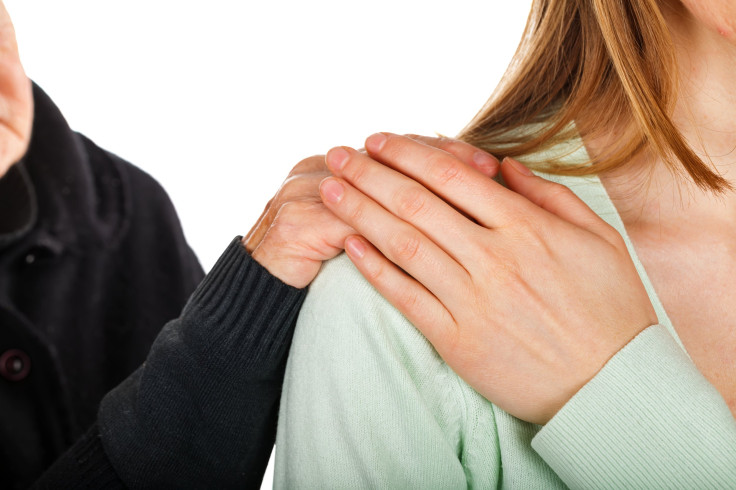Compassion Most Common Among Older Women, Those Who've Suffered A Loss, And Those With Empathy

Among the most compassionate people in life are older women, the bereft, and those most naturally endowed with the mental quality of resiliency.
A new study from the University of California at San Diego’s medical school relates such empathy for others to long-term health and improved longevity. The findings may offer insights into how others may emulate such qualities to avoid the loneliness and isolation that might bring an earlier death.
"We are interested in anything that can help older people age more successfully," Eyler said in a university press release. "We know that social connections are important to health and well-being, and we know that people who want to be kind to others garner greater social support. If we can foster compassion in people, we can improve their health and well-being, and maybe even longevity."
In the study, Eyler and her colleagues analyzed data from more than 1,000 adults in San Diego County ages 50 and older — most of them about 77 years of age or so. The three factors most predictive of a person’s level of self-reported compassion were sex, grief, and high mental resiliency, the researchers found. Women of all ages throughout society tended to report feeling the most empathic toward others, gaining in compassion as they aged. Even when considering marital status and mental health, women reported higher levels of compassion than men.
Still, men and women alike who’d recently suffered a personal loss — such as a death in the family — reported higher levels of concern for others. So too did people who described themselves to researchers as higher in mental resiliency. People with the emotional fortitude sometimes called “emotional intelligence” tend to also feel more for others, Eyle says.
Yet aside from merely describing how people slowly advance toward death, study co-investigator Dilip Jeste says the medical establishment may soon develop improved interventions for the elderly.
"What is exciting is that we are identifying aspects of successful aging that we can foster in both men and women," Jeste said in the release. "Mental resiliency can be developed through meditation, mindfulness, and stress reduction practices. We can also teach people that the silver lining to adversity is an opportunity for personal growth."
Although the U.S. population is aging at a slower rate than Japan and other developed nations, the elderly will compose more than one-fifth of Americans by 2050 — with 19 million people ages 65 and older, says the Population Reference Bureau.
Source: Eyler, Lisa, et al. International Journal of Geriatric Psychiatry. 2014.



























